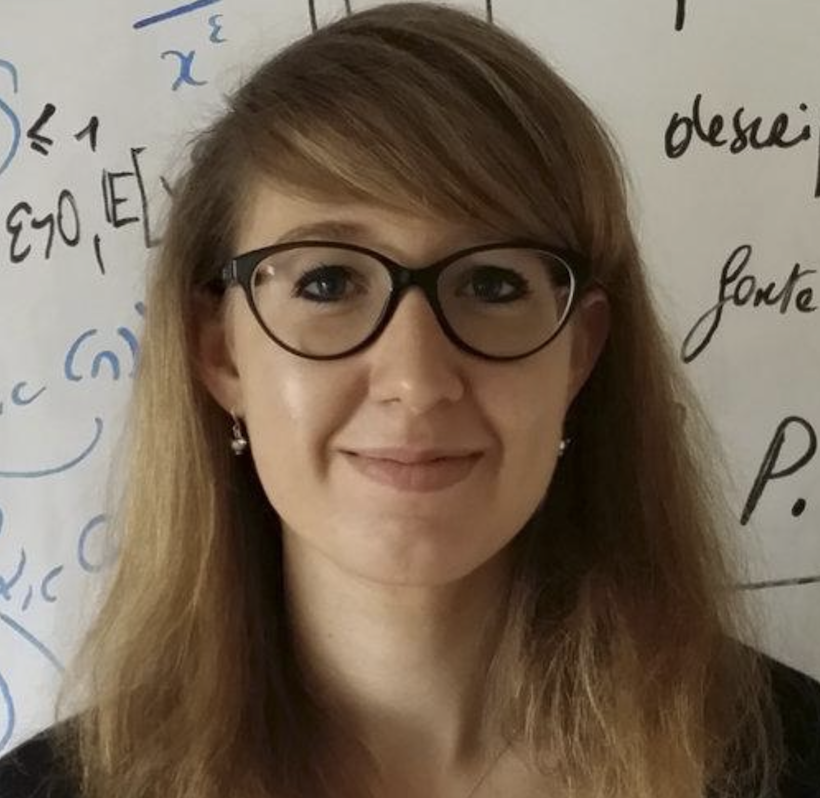People
See all
Virginie Uhlmann
Bioimage Quantification
European Bioinformatics Institute (EMBL-EBI)
About Virginie
Virginie holds a MSc in Bioengineering and a PhD in Electrical Engineering, with a focus on spline and approximation theory for image analysis, from the Swiss Federal Institute of Technology in Lausanne (EPFL). She is an associate member in the Bio Imaging and Signal Processing Technical Committee of IEEE Signal Processing Society (2018-2020). Virginie joined EMBL-EBI as a Research Group Leader in September 2018. In February 2024, she was appointed Director of the BioVisionCenter, a newly created structure of the University of Zurich focusing on the development of resources for bioimage analysis. Virginie retains a dual affiliation with EMBL-EBI, where her research group is based.
Research
Our main focus is on morphology quantification. Adapting concepts from computational geometry, approximation theory, and machine learning, we mathematically describe the shape of objects in bioimages with geometrical models. This representation acknowledges the fact that, even though microscopy images are digital, the underlying observed biological shapes exist at “infinite resolution”. In this way, we can quantify morphology in a continuum along which shapes can be meaningfully related and compared. We then develop strategies to characterize collections of geometrical models and investigate the source and nature of biological shape variability. The novel image and shape analysis algorithms that we develop combine mathematical rigor with cutting-edge machine learning techniques, offering an ideal equilibrium between interpretability and generalization potential, and are all implemented as open-source software to maximize their reuse potential.
Our activity is split into three main research directions:
1) Geometrical modelling: extracting shape models from images, in an as-automated-as-possible and general manner, relying on principles from computational geometry, computer graphics, and machine learning.
2) Shape analysis: quantitatively exploring collections of shape models as distributions and creating generative synthetic shape models relying on statistical theory.
3) Biological discovery: using our image quantification methods to mine microscopy data and advance our understanding of living systems, in collaboration with experimental laboratories at EMBL or elsewhere